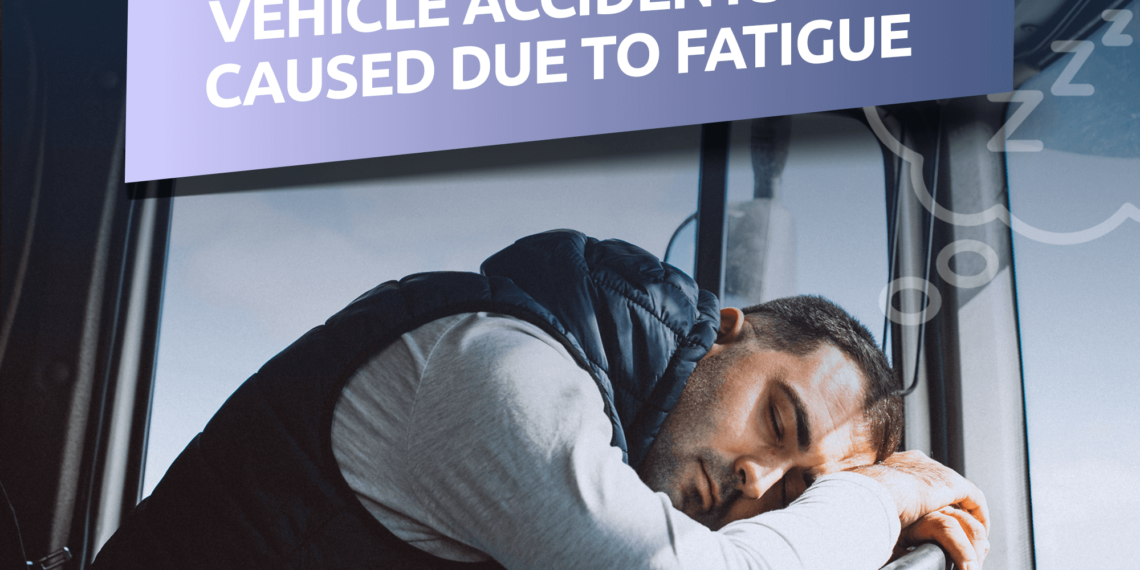[ad_1]
Driver fatigue is so widespread across the country that experts recognize it as a public health problem. This type of fatigue causes tens of thousands of accidents a year, resulting in thousands of injuries and hundreds (if not thousands) of deaths.
Fatigue can affect any individual who does not get enough sleep or rest. However, the CDC notes that some professions are more likely to not get enough sleep given the working conditions under which they operate. Commercial truck drivers or people who work night shifts, for example, are more likely to drive while fatigued or sleepy than other drivers.
Although these people must comply with regulations that limit the number of hours they can spend working, shift scheduling often interferes with their sleep cycles. For truck drivers, if they have been driving during the day, for example, and their shifts change to require them to drive at night, they may find it difficult to get restful sleep before their shifts: This can cause them to feel a strong need to sleep while behind the wheel.
It can be challenging to assess on your own whether the other driver’s fatigue contributed to your accident. But it’s important to know that driving while fatigued is often considered a form of negligence. Every driver must have adequate mental alertness when behind the wheel—driving while drowsy or tired is no more justified than drunk driving. Anyone who is too exhausted to drive safely should not drive.
If a driver causes an accident, they may be legally liable for injuries the accident inflicted on others. This is because drivers have a legal obligation to exercise reasonable care when behind the wheel. If they have not exercised basic care, they can be found negligent and liable for injuries.
Those injured in a traffic accident caused by another person are entitled to compensation for economic damages. Bills for medical treatment, for example, are monetary damages, as are lost wages at work.
[ad_2]


